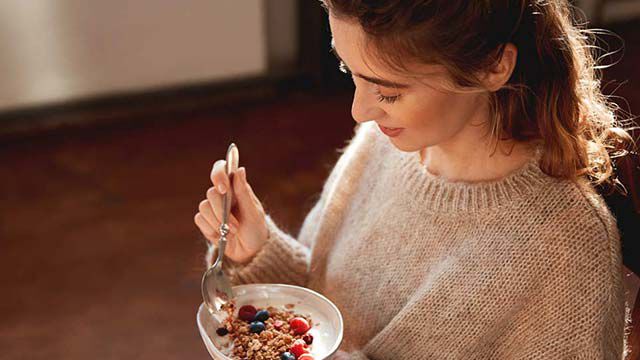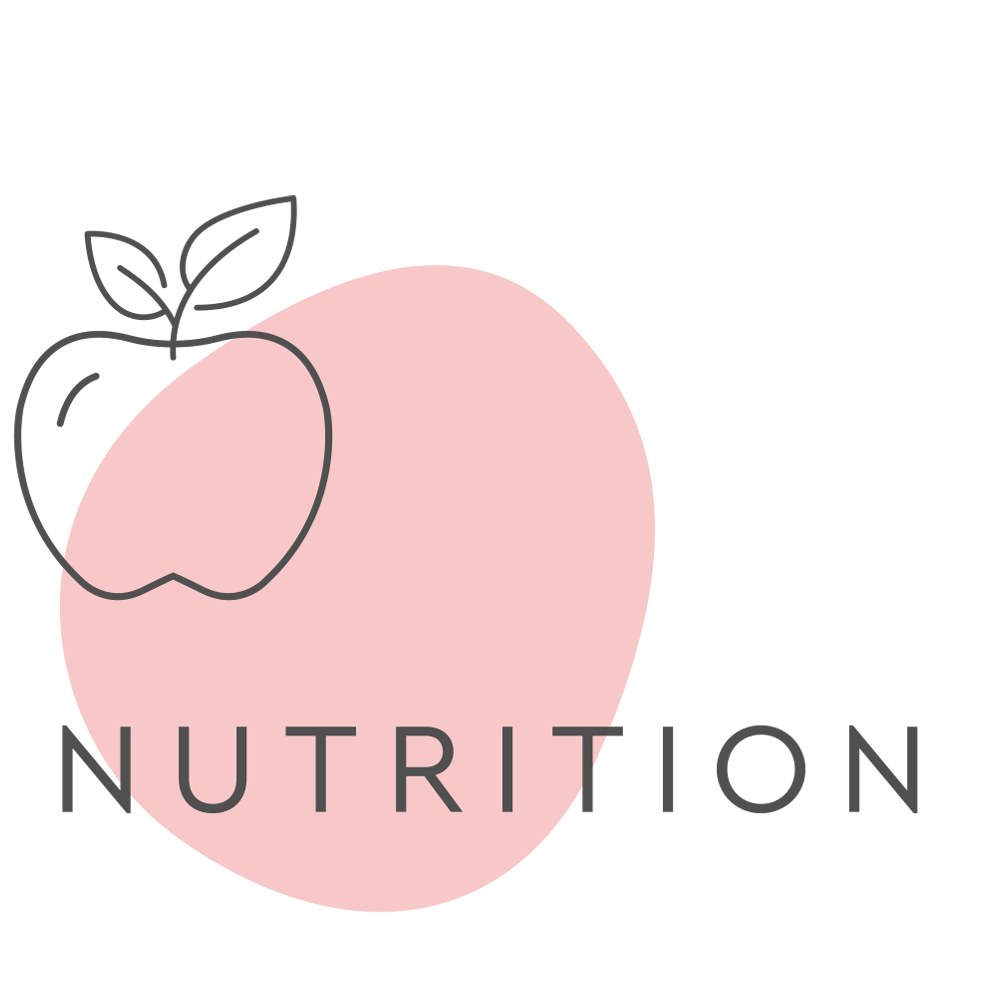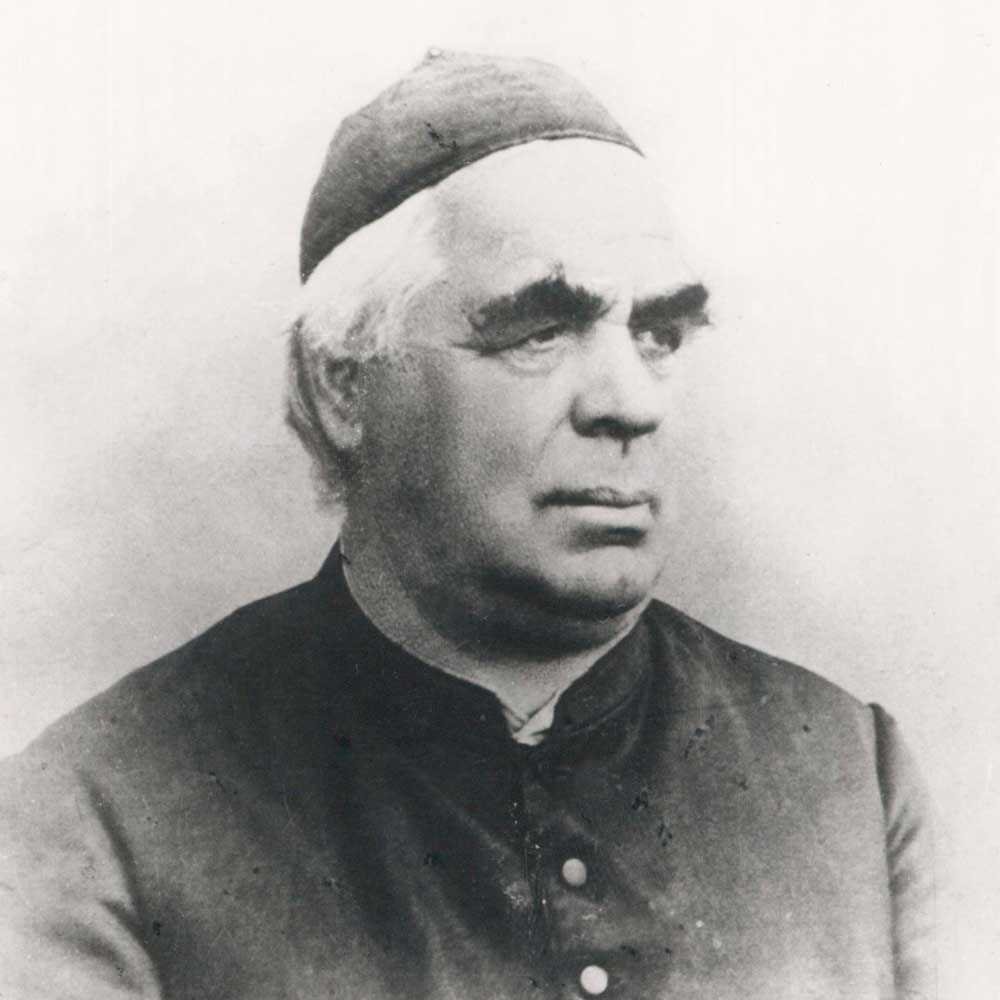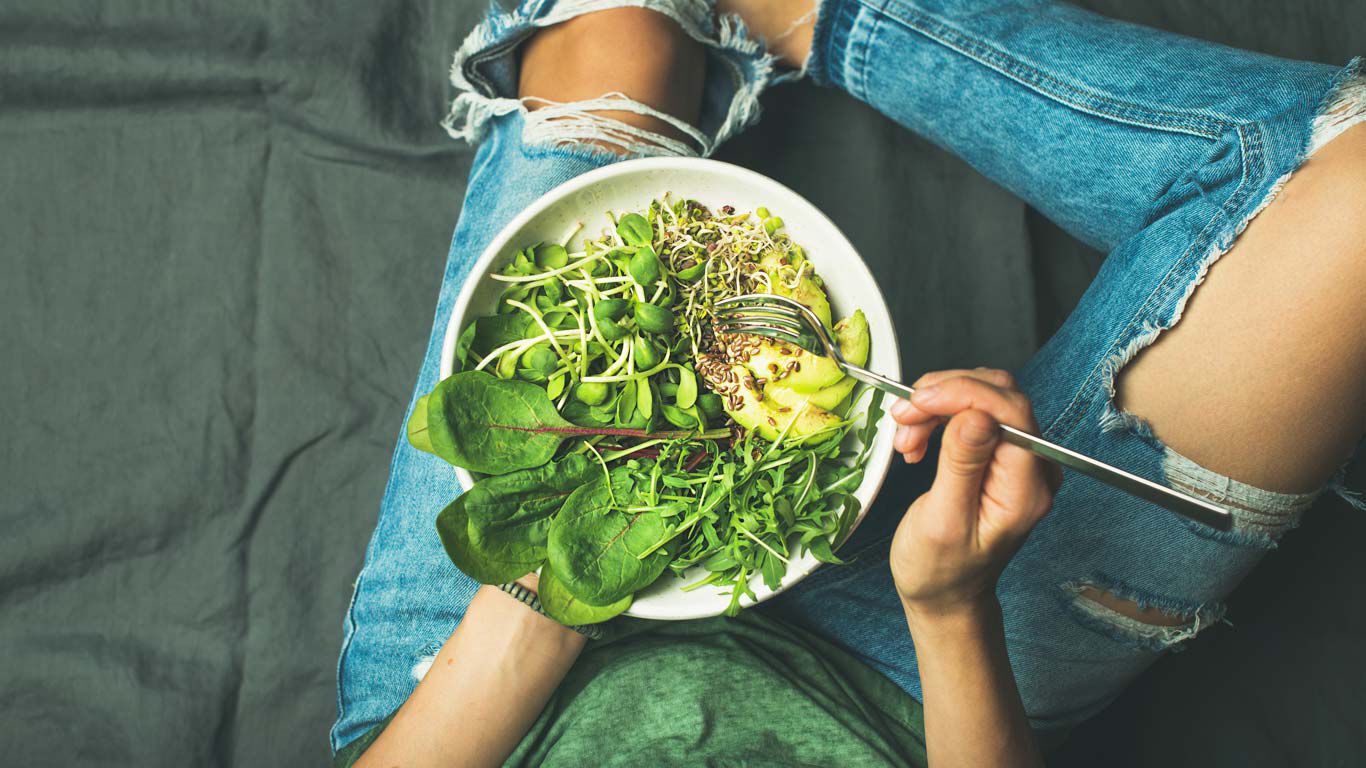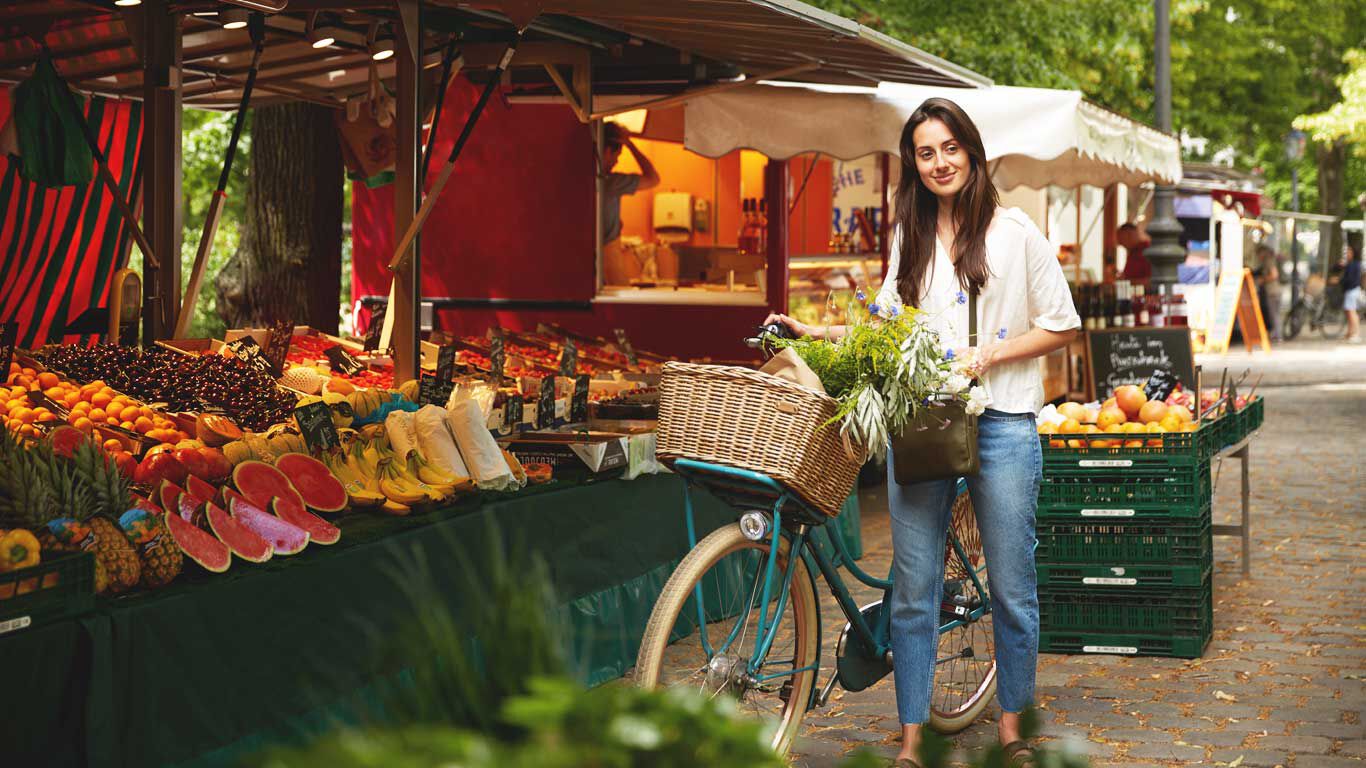There is actually no need to reinvent the (nutritional) world. Because already at the beginning of the 19th century, Sebastian Kneipp focused on this important topic, above all, on balance, refraining from too many prohibitions and rules.
Rather, he was concerned that everyone should eat simple, unadulterated and nutritious food - according to their physical constitution.

